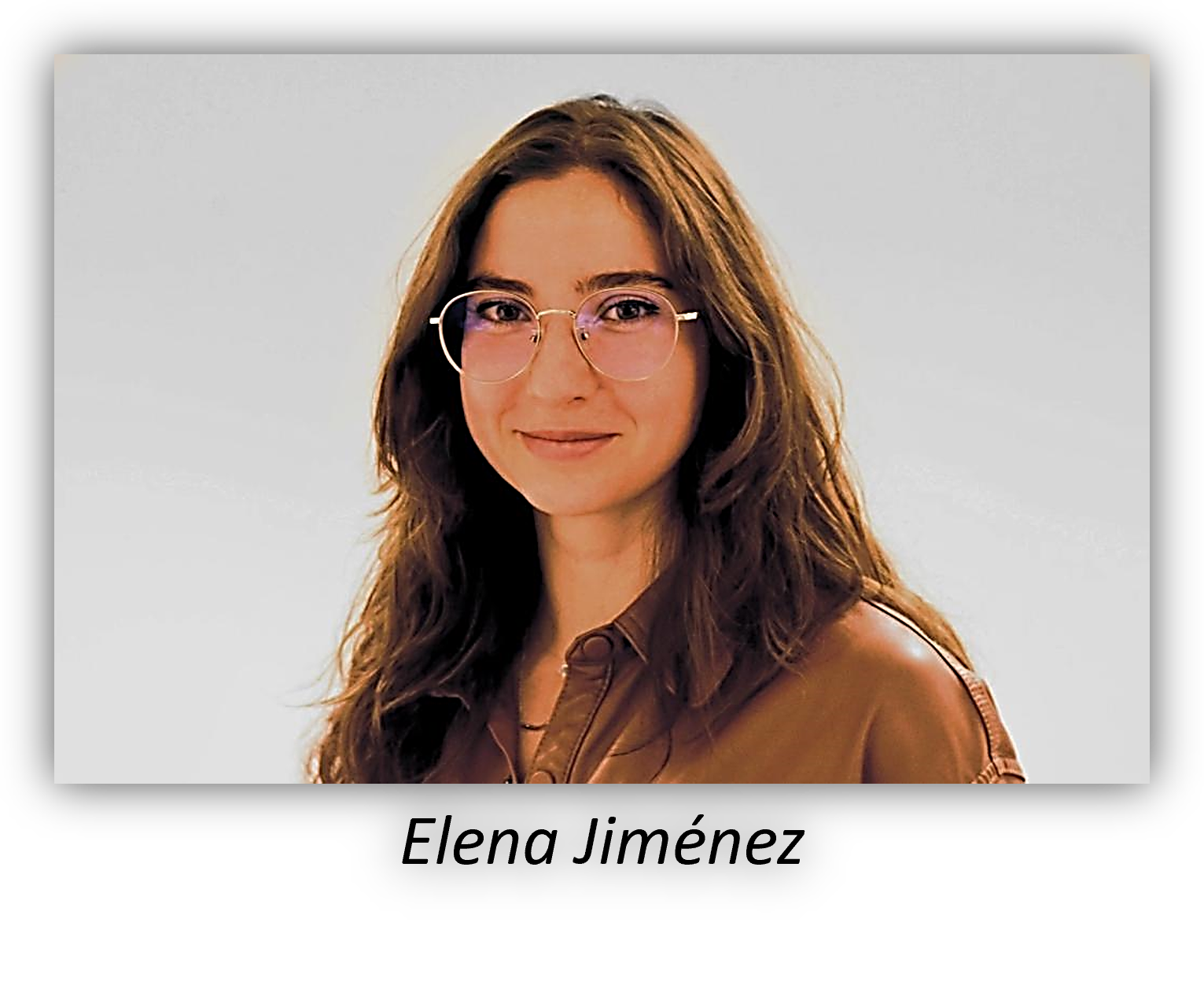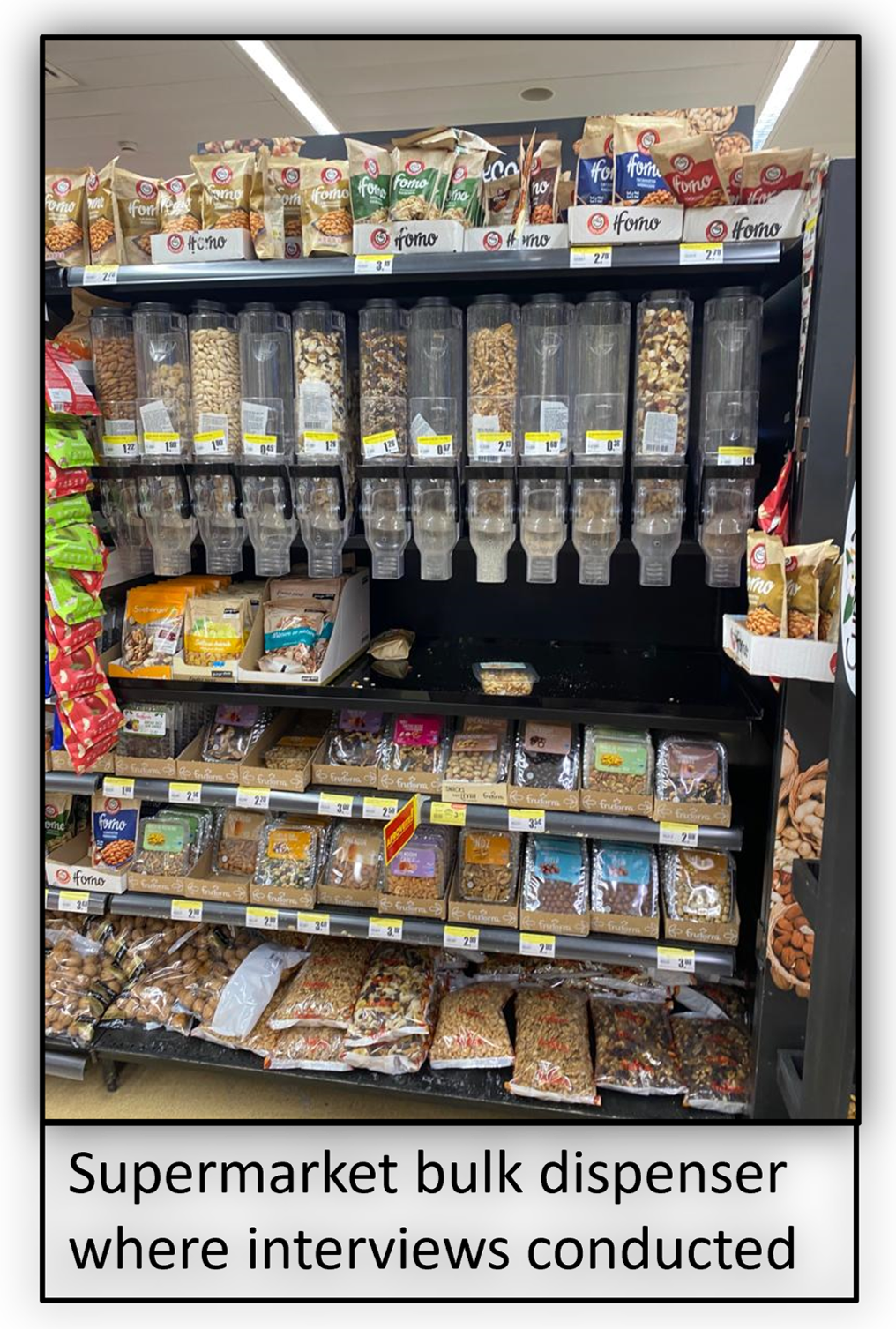News Items - International Association of Packaging Research Institutes
| Swedish study focuses on pack-free options and household needs In Sweden, a new research project involving both Linköping and Karlstad Universities will study ‘packaging free’ food retail and the use of refillable and reusable containers, with a focus on the needs of a range of households.  Elena Jiménez will work on this as her PhD project, jointly supervised by Renee Wever at Linköping, where she is based, and by Helén Williams at Karlstad. The aim is to look at both packaged and unpackaged foods, as well as different traditional and home delivery retail options. “By considering these alternatives, we can make a comparison between them, associated consumer practices and their environmental impact,” Jiménez tells IAPRI. Elena Jiménez will work on this as her PhD project, jointly supervised by Renee Wever at Linköping, where she is based, and by Helén Williams at Karlstad. The aim is to look at both packaged and unpackaged foods, as well as different traditional and home delivery retail options. “By considering these alternatives, we can make a comparison between them, associated consumer practices and their environmental impact,” Jiménez tells IAPRI. “When analyzing consumers, we focus on their household composition, dietary preferences and location, going beyond common demographic classifications,” she says. “Our purpose is to understand the situations in which packaging-free shopping is a more sustainable choice.” “When analyzing consumers, we focus on their household composition, dietary preferences and location, going beyond common demographic classifications,” she says. “Our purpose is to understand the situations in which packaging-free shopping is a more sustainable choice.”Assessments of environmental impact will refer to carbon and energy footprints, going beyond packaging production to take in the lifecycle of the product, including qualitative and quantitative data. “With this combination, we expect to achieve a better understanding, including in the analyses food waste in retail and households, cleaning of reusable containers and transportation by both the retailer and the consumer.” In the project title ‘Holistic assessment and optimization of packaging-free concepts for food retailing’, ‘holistic’ refers to the broader system being analyzed, rather than simply the moment of purchase and the package itself. Commenting on the project, Wever says: “Apart from the fascinating and timely topic, it is really nice to be able to collaborate with a fellow IAPRI member on a funded project.” Published: 10/30/23 |